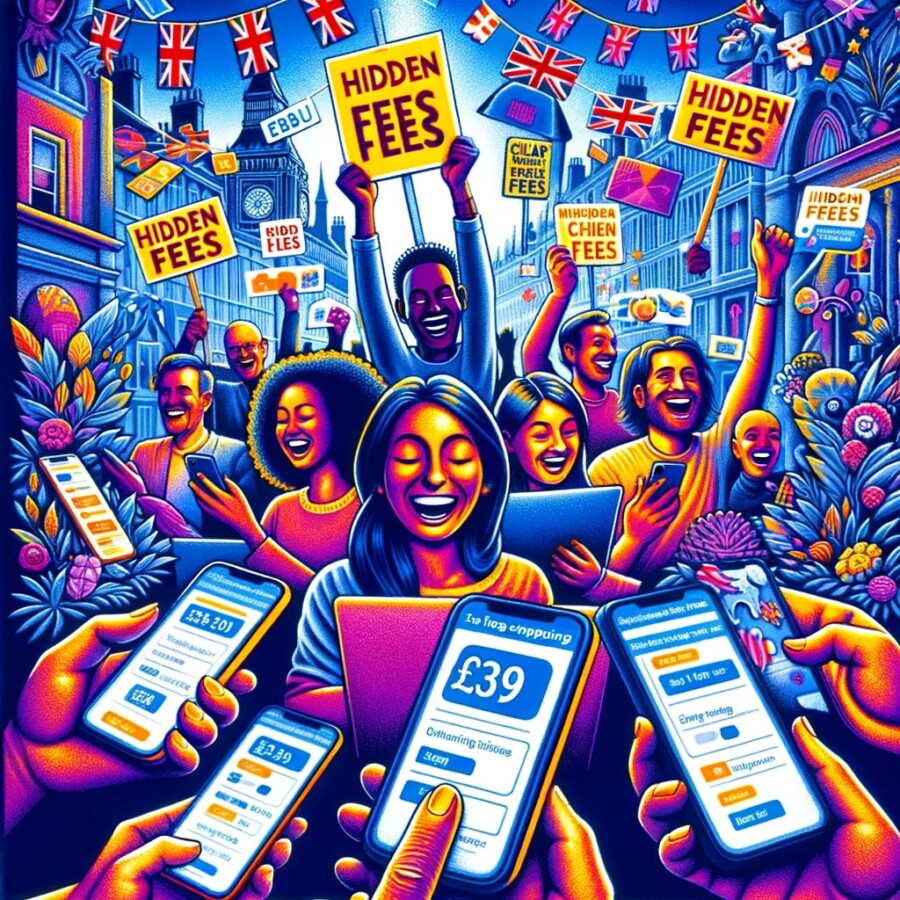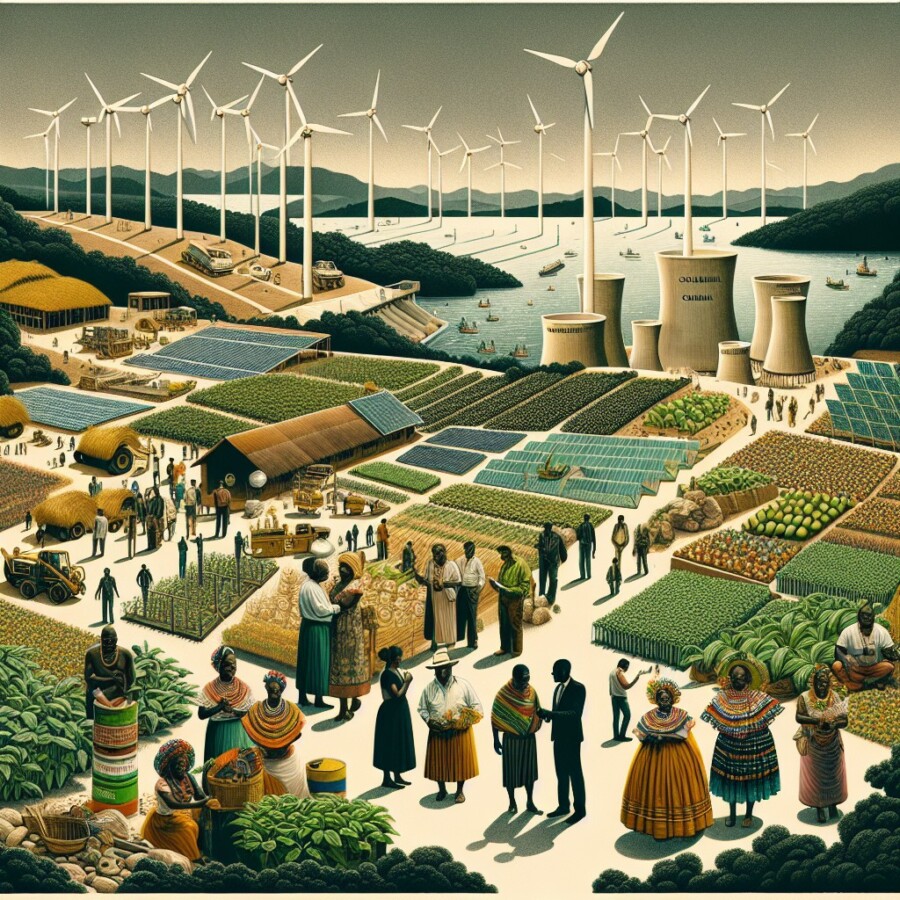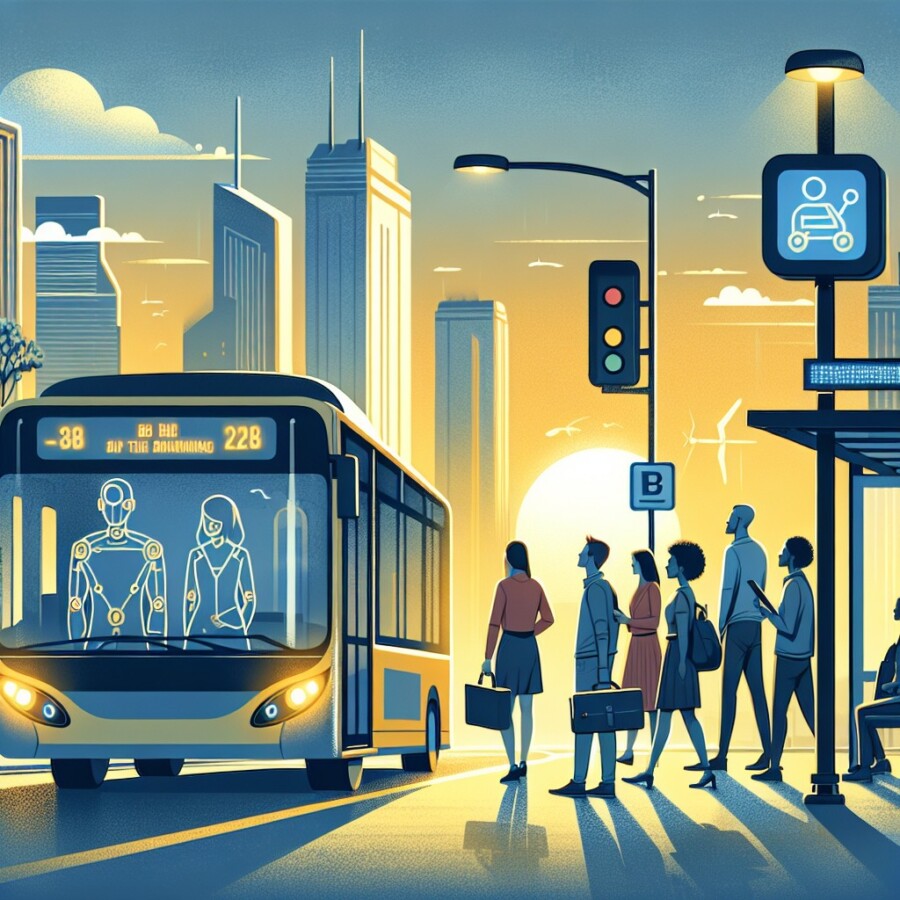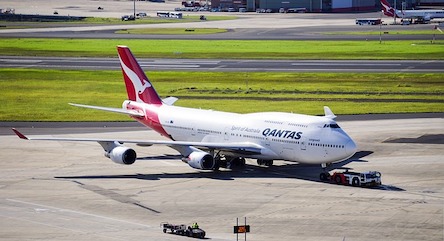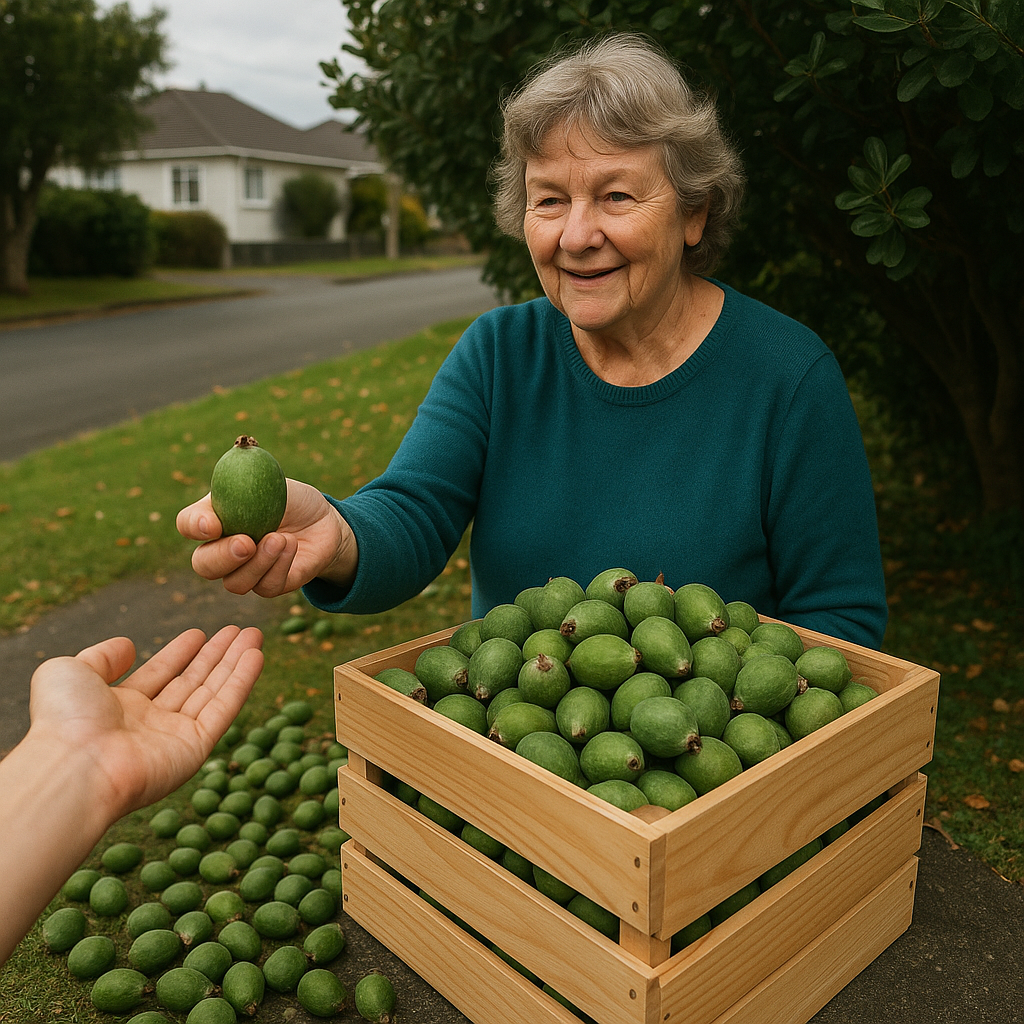The UK government is making new rules to stop hidden fees when you buy things online. These hidden fees are often added at the end when you are ready to pay. Many places that sell tickets or hotel rooms do this, and it costs people a lot of money every year. Now, all the fees have to be shown in the first price you see, so you know the total cost right away.
The new rules will also stop fake comments that people read before they buy something. A group called the CMA helped make these rules. They want to make sure that when you read comments about something you want to buy, they are real. People use these comments a lot to decide what to buy, especially when they shop online.
There are also changes to how prices are shown in stores. The rules will make it easier to see how much things really cost, even when they are on sale. This will help you decide which is the best deal. A man named Kevin Hollinrake, who works for the government, said these new rules will give people more choices and protect them from paying too much.
Original news source: Drip pricing: Hidden fees for online customers set to be banned (BBC)
🎧 Listen:
Slow
Normal
Fast
📖 Vocabulary:
| 1 | government | The people who make decisions for a country |
| 2 | rules | Instructions that tell you what you can or cannot do |
| 3 | hidden | Something that is not easy to see or find |
| 4 | fees | Money you have to pay for a service |
| 5 | tickets | Pieces of paper that let you go to events or travel |
| 6 | comments | What people say or write about something, like their opinion |
| 7 | group | A number of people who work together for a reason |
| 8 | total | Everything added together |
| 9 | decide | To make a choice or pick something |
| 10 | changes | When things are made different than before |
| 11 | stores | Places where you can buy things |
| 12 | protect | To keep someone or something safe from harm or danger |
Group or Classroom Activities
Warm-up Activities:
– News Summary
Instructions: Have students read the article and then write a summary of the main points in their own words. They can work individually or in pairs. Afterward, have a class discussion to share and compare their summaries.
– Opinion Poll
Instructions: Divide the class into small groups and give each group a list of questions related to the article. Each group should discuss the questions and then share their opinions with the rest of the class. Encourage students to use the vocabulary and phrases from the article in their responses.
– Word Association
Instructions: Write the words “hidden fees,” “online shopping,” and “consumer protection” on the board. Have students brainstorm words or phrases related to each topic. They can work individually or in pairs. Afterward, have a class discussion and create a word association web on the board.
– Vocabulary Pictionary
Instructions: Choose 5-10 vocabulary words from the article and write them on separate pieces of paper. Divide the class into two teams. One student from each team comes to the front of the class, chooses a word, and then tries to draw it on the board without using any words or letters. The rest of the team must guess the word within a time limit. Repeat with new students and words until all the vocabulary has been used.
– Future Predictions
Instructions: Have students discuss in pairs or small groups what they think the impact of these new rules will be. Will it really stop hidden fees and fake comments? Will it make a difference in how people shop online? Afterward, have a class discussion to share their predictions and reasons behind them.
🤔 Comprehension Questions:
1. What are hidden fees?
2. Why do hidden fees cost people a lot of money?
3. What are the new rules going to do to hidden fees?
4. What are fake comments?
5. Why do people use comments when they shop online?
6. What changes are being made to how prices are shown in stores?
7. How will the new rules help people make better decisions when shopping?
Go to answers ⇩
🎧✍️ Listen and Fill in the Gaps:
The UK government is (1)______ new (2)______ to stop hidden fees when you buy things online. These hidden fees are often added at the end when you are ready to pay. Many places that sell tickets or hotel rooms do this, and it (3)______ people a lot of money every year. Now, all the fees have to be shown in the first price you see, so you (4)______ the total cost right away.
The new rules will also stop fake comments that people read before they buy something. A group (5)______ the CMA helped (6)______ these rules. They want to make sure that when you read comments about something you want to buy, they are real. People use these comments a lot to decide what to buy, especially when they shop online.
There are also changes to how (7)______ are (8)______ in (9)______. The rules will make it easier to see how much things really cost, even when they are on (10)______. This will help you decide which is the (11)______ deal. A man named Kevin Hollinrake, who (12)______ for the government, said these new rules will give people more choices and protect them from paying too much.
Go to answers ⇩
💬 Discussion Questions:
Students can ask a partner these questions, or discuss them as a group.
1. What are hidden fees?
2. How would you feel if you bought something online and there were hidden fees at the end?
3. Do you think it’s fair for companies to add hidden fees? Why or why not?
4. What are fake comments?
5. How do you use comments when you shop online?
6. Do you think it’s important for comments to be real? Why or why not?
7. How do you think these new rules will help people when they shop online?
8. What changes are being made to how prices are shown in stores?
9. How will these changes make it easier for people to see how much things really cost?
10. Do you like to look for the best deal when you shop? Why or why not?
11. How do you feel when you find out you’ve paid too much for something?
12. Do you think these new rules will protect people from paying too much? Why or why not?
Individual Activities
📖💭 Vocabulary Meanings:
Match each word to its meaning.
Words:
1. government
2. rules
3. hidden
4. fees
5. tickets
6. comments
7. group
8. total
9. decide
10. changes
11. stores
12. protect
Meanings:
(A) A number of people who work together for a reason
(B) To make a choice or pick something
(C) When things are made different than before
(D) Money you have to pay for a service
(E) What people say or write about something, like their opinion
(F) Something that is not easy to see or find
(G) The people who make decisions for a country
(H) Instructions that tell you what you can or cannot do
(I) Pieces of paper that let you go to events or travel
(J) To keep someone or something safe from harm or danger
(K) Places where you can buy things
(L) Everything added together
Go to answers ⇩
🔡 Multiple Choice Questions:
1. What are the new rules in the UK government for?
(a) To stop hidden fees when buying things online
(b) To increase hidden fees when buying things online
(c) To make it harder to see the total cost when buying things online
(d) To allow fake comments when buying things online
2. Why do hidden fees cost people a lot of money?
(a) Because they are added at the end when you are ready to pay
(b) Because they are shown in the first price you see
(c) Because they are fake comments
(d) Because they are on sale
3. Who helped make the new rules?
(a) The UK government
(b) A group called the CMA
(c) Kevin Hollinrake
(d) People who buy things online
4. Why are fake comments a problem?
(a) Because they show the total cost right away
(b) Because they are added at the end when you are ready to pay
(c) Because they are on sale
(d) Because people use them to decide what to buy
5. What will the new rules make it easier to see?
(a) How hidden fees are added at the end when you are ready to pay
(b) How much things really cost, even when they are on sale
(c) How fake comments are made
(d) How much things really cost, even when they are fake
6. Who said the new rules will give people more choices and protect them from paying too much?
(a) The CMA
(b) The UK government
(c) Kevin Hollinrake
(d) People who buy things online
7. What do people use comments for when they shop online?
(a) To increase hidden fees
(b) To make it harder to see the total cost
(c) To allow fake comments
(d) To decide what to buy
8. What is the main purpose of the new rules?
(a) To increase hidden fees and fake comments
(b) To make it harder for people to buy things online
(c) To protect people from hidden fees and fake comments
(d) To allow hidden fees and fake comments
Go to answers ⇩
🕵️ True or False Questions:
1. The UK government is not creating any new rules to prevent hidden fees when shopping online.
2. The new rules will also stop fake comments that people read before buying something.
3. These new rules aim to limit people’s choices and expose them to overpaying.
4. These fees will not have to be shown in the initial price, so customers do not know the total cost upfront.
5. A group called the CMA helped create these rules to ensure that comments are genuine.
6. The rules will also make it easier to understand the true cost of items in stores, even during sales.
7. People rely on these comments when shopping online to help them make decisions.
8. Hidden fees are rarely added at the end of the purchase process, causing people to spend less money.
Go to answers ⇩
📝 Write a Summary:
Write a summary of this news article in two sentences.
Check your writing now with the best free AI for English writing!
Writing Questions:
Answer the following questions. Write as much as you can for each answer.
Check your answers with our free English writing assistant!
1. What are hidden fees when you buy things online?
2. Why do hidden fees cost people a lot of money?
3. What will the new rules make sure of when you read comments about something you want to buy?
4. How will the changes to how prices are shown in stores help people decide which is the best deal?
5. According to Kevin Hollinrake, what will the new rules do for people?
✅ Answers
🤔✅ Comprehension Question Answers:
1. What are hidden fees?
Hidden fees are extra charges that are not clearly shown or mentioned when you buy something online.
2. Why do hidden fees cost people a lot of money?
Hidden fees cost people a lot of money because they are added at the end when you are ready to pay, so you don’t know the total cost right away. This means you might end up paying more than you expected.
3. What are the new rules going to do to hidden fees?
The new rules will make sure that all the fees are shown in the first price you see when you buy something online. This way, you will know the total cost right away and won’t be surprised by hidden fees.
4. What are fake comments?
Fake comments are comments or reviews that are not real. They are made up by people to make a product or service seem better than it actually is.
5. Why do people use comments when they shop online?
People use comments when they shop online because they want to know what other people think about a product or service before they buy it. They use comments to help them decide if something is good or not.
6. What changes are being made to how prices are shown in stores?
The changes being made to how prices are shown in stores will make it easier for people to see how much things really cost, even when they are on sale. This will help them compare prices and decide which is the best deal.
7. How will the new rules help people make better decisions when shopping?
The new rules will help people make better decisions when shopping because they will know the total cost of something right away, without any hidden fees. They will also be able to trust the comments they read, as the rules will stop fake comments. This means people can make more informed choices and avoid paying too much.
Go back to questions ⇧
🎧✍️✅ Listen and Fill in the Gaps Answers:
(1) making
(2) rules
(3) costs
(4) know
(5) called
(6) make
(7) prices
(8) shown
(9) stores
(10) sale
(11) best
(12) works
Go back to questions ⇧
📖💭✅ Vocabulary Meanings Answers:
1. government
Answer: (G) The people who make decisions for a country
2. rules
Answer: (H) Instructions that tell you what you can or cannot do
3. hidden
Answer: (F) Something that is not easy to see or find
4. fees
Answer: (D) Money you have to pay for a service
5. tickets
Answer: (I) Pieces of paper that let you go to events or travel
6. comments
Answer: (E) What people say or write about something, like their opinion
7. group
Answer: (A) A number of people who work together for a reason
8. total
Answer: (L) Everything added together
9. decide
Answer: (B) To make a choice or pick something
10. changes
Answer: (C) When things are made different than before
11. stores
Answer: (K) Places where you can buy things
12. protect
Answer: (J) To keep someone or something safe from harm or danger
Go back to questions ⇧
🔡✅ Multiple Choice Answers:
1. What are the new rules in the UK government for?
Answer: (a) To stop hidden fees when buying things online
2. Why do hidden fees cost people a lot of money?
Answer: (a) Because they are added at the end when you are ready to pay
3. Who helped make the new rules?
Answer: (b) A group called the CMA
4. Why are fake comments a problem?
Answer: (d) Because people use them to decide what to buy
5. What will the new rules make it easier to see?
Answer: (b) How much things really cost, even when they are on sale
6. Who said the new rules will give people more choices and protect them from paying too much?
Answer: (c) Kevin Hollinrake
7. What do people use comments for when they shop online?
Answer: (d) To decide what to buy
8. What is the main purpose of the new rules?
Answer: (c) To protect people from hidden fees and fake comments
Go back to questions ⇧
🕵️✅ True or False Answers:
1. The UK government is not creating any new rules to prevent hidden fees when shopping online. (Answer: False)
2. The new rules will also stop fake comments that people read before buying something. (Answer: True)
3. These new rules aim to limit people’s choices and expose them to overpaying. (Answer: False)
4. These fees will not have to be shown in the initial price, so customers do not know the total cost upfront. (Answer: False)
5. A group called the CMA helped create these rules to ensure that comments are genuine. (Answer: True)
6. The rules will also make it easier to understand the true cost of items in stores, even during sales. (Answer: True)
7. People rely on these comments when shopping online to help them make decisions. (Answer: True)
8. Hidden fees are rarely added at the end of the purchase process, causing people to spend less money. (Answer: False)
Go back to questions ⇧



